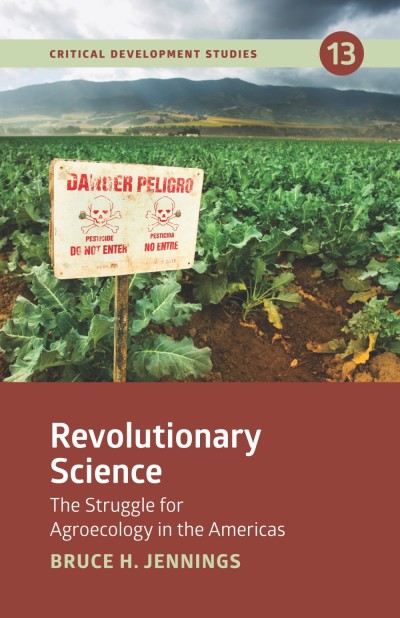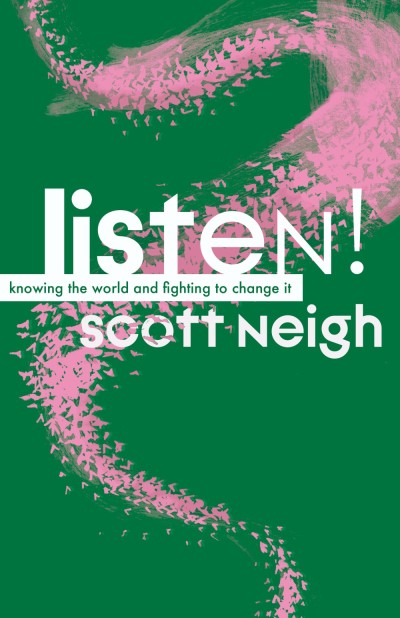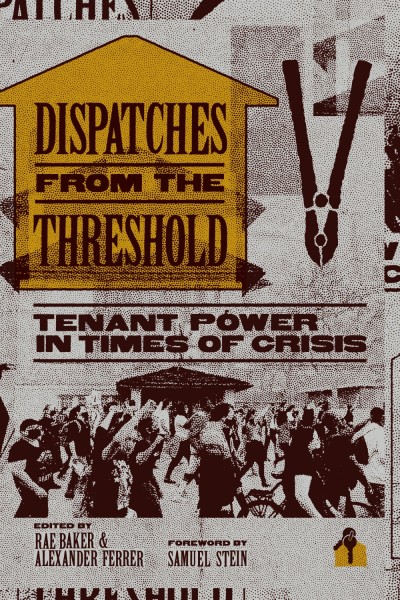
Activism that Works
How can we understand “success” in relation to social justice and environmental activism? How do activists themselves determine or define their effectiveness? Activism That Works shares the stories of eight diverse social justice movements, from Oxfam Canada, to the Calgary Raging Grannies, to the Youth Project of Halifax, as they contemplate their own successes. What we discover is that success is not measured only in large-scale social reform but is also found in moments of connection – in building relationships and raising awareness. Taking the lead from these stories, the authors contextualize and analyze success within social justice activism in Canada. Understanding their work as a contribution to the movements challenging the domination of free market ideology, the authors hope this book will offer a space for reflecting on the contributions and impacts of activist groups – and provide meaningful insights into what success means in the struggle against neoliberal capitalism.
About the book
How can we understand “success” in relation to social justice and environmental activism? How do activists themselves determine or define their effectiveness? Activism That Works shares the stories of eight diverse social justice movements, from Oxfam Canada, to the Calgary Raging Grannies, to the Youth Project of Halifax, as they contemplate their own successes. What we discover is that success is not measured only in large-scale social reform but is also found in moments of connection – in building relationships and raising awareness. Taking the lead from these stories, the authors contextualize and analyze success within social justice activism in Canada. Understanding their work as a contribution to the movements challenging the domination of free market ideology, the authors hope this book will offer a space for reflecting on the contributions and impacts of activist groups – and provide meaningful insights into what success means in the struggle against neoliberal capitalism.
What people are saying
Dennis Pilon, Political Science, York University“Activism That Works is a powerful book. It will help both students and activists think about how to pursue social change in new and, ultimately, more productive ways. The editors set the stage with a brilliant introductory chapter (“Building Success in Social Activism”) that insists we must address both power and power inequalities as well as the concrete organizational challenges involved in social justice work. Then a series of contributors demonstrate how to combine these two themes, drawing from grassroots lobbying campaigns, identity building groups, public protest participants, etc. The activist examples recounted here are radical, provocative and often moving. But they are not simply ‘blue-sky’ utopian prescriptions. The analytical framework and examples set out in Activism That Works encourage us to grapple with the concrete challenges involved in trying to change the world, like building up community support, anticipating opposition, making the most of unforeseen events and opportunities, and so on. The book demonstrates that activists don’t have to choose between ideals and accomplishments, though it reminds us that good ideas and intentions are never enough.”
Contents
- Foreword (Budd Hall)
- Making a Difference (Elizabeth Whitmore, Maureen Wilson & Avery Calhoun)
- Building Success in Social Activism (Maureen Wilson, Elizabeth Whitmore & Avery Calhoun)
- Oxfam Canada: The Fair Trade in Coffee Campaign (Bill Hynd & Carol Miller)
- The Disability Action Hall: Tell Stories, Take Action, Change Lives (Ryan Geake, Colleen Huston & members of the Hall)
- Alberta College of Social Workers: Doing the Right Thing (Rod Adachi & Lori Sigurdson)
- Calgary Raging Grannies: Affective and Effective (Sharon Montgomery)
- The Pembina Institute: Alberta’s Oil Sands: Thinking Like Owners (Marlo Raynolds & Amy Taylor)
- Youth Project: Heroes and Outlaws (Sheena Jamieson & Leighann Wichman)
- Social Justice Committee: Success Recruiting and Retaining Volunteers (Derek MacCuish & Maria Rasouli)
- The Storytellers’ Foundation: Learning for a Change (Anne Docherty)
- What Does Success Mean to Social Activists? (Avery Calhoun, Maureen Wilson & Elizabeth Whitmore)
- Sense Making: What Have We Learned (Elizabeth Whitmore, Maureen Wilson & Avery Calhoun)
- Appendix 1: Songs from the Raging Grannies
- Appendix 2: List of Resources: Frameworks, Guides and Complexity
- References
- Index













_cover-FINAL_400_600_90_s.jpg)

